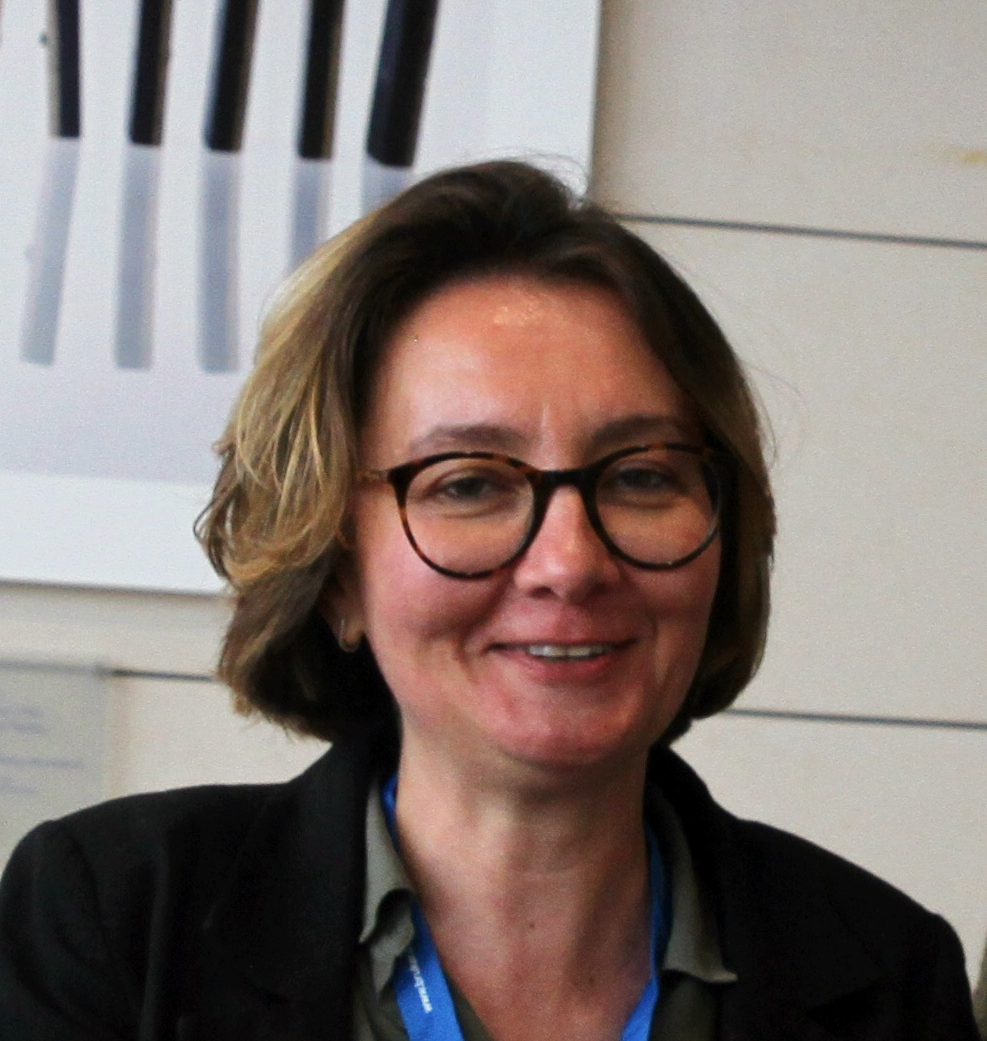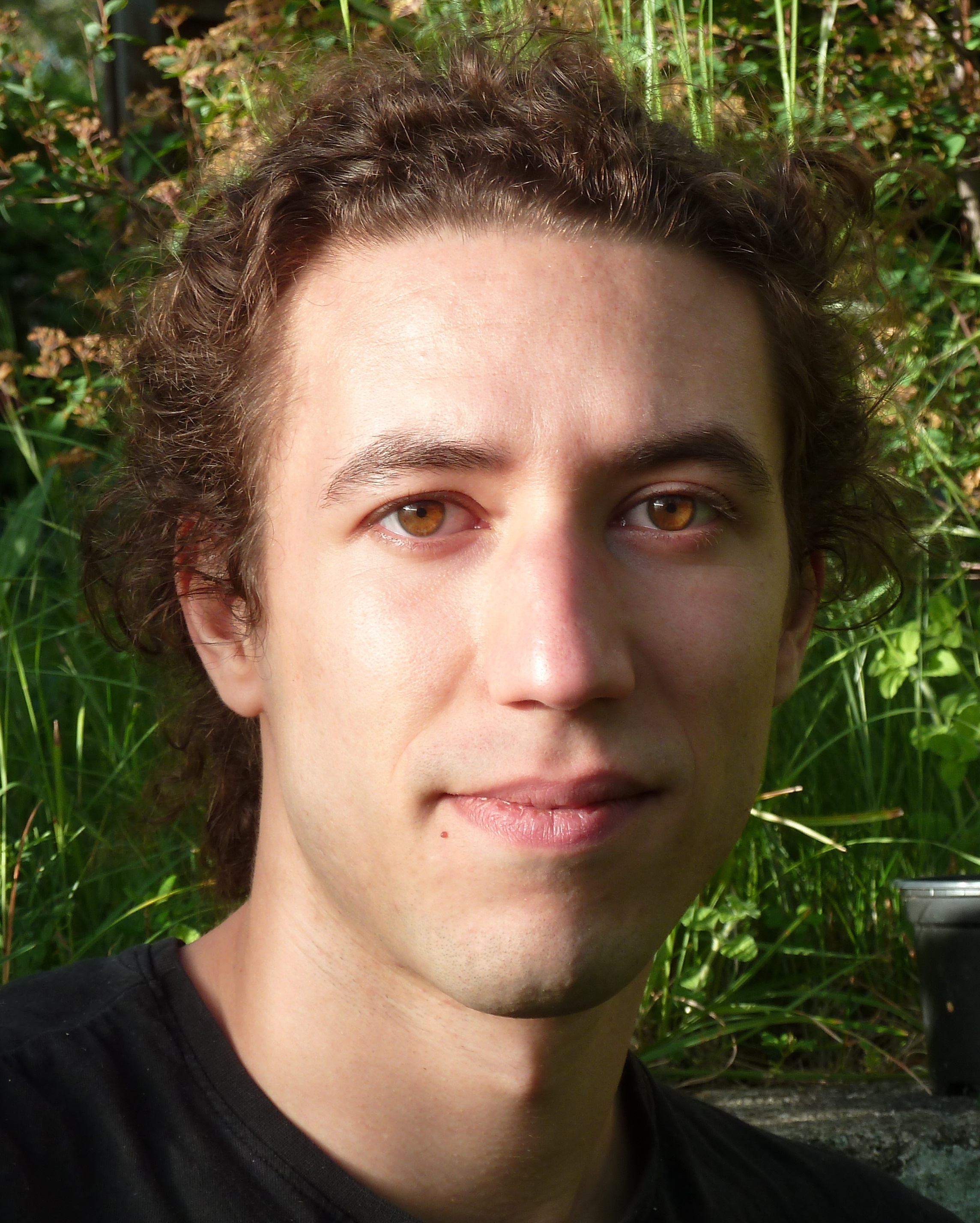Article du mois
Théo PARIS - Article du mois de mars
LPHI - Laboratory of Pathogens and Host Immunity, Université de Montpellier “ The IbeA protein from adherent invasive Escherichia coli is a flavoprotein sharing structural homology with FAD-dependent oxidoreductases ”
The FEBS Journal https://doi.org/10.1111/febs.16969
Paris T, Kiss A, Signor L, Lutfalla G, Blaise M, Boeri Erba E, Chaloin L and Yatime L (2024) FEBS J, 291:177-203








